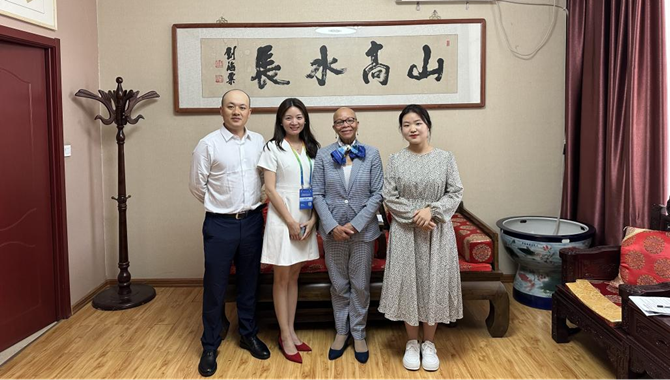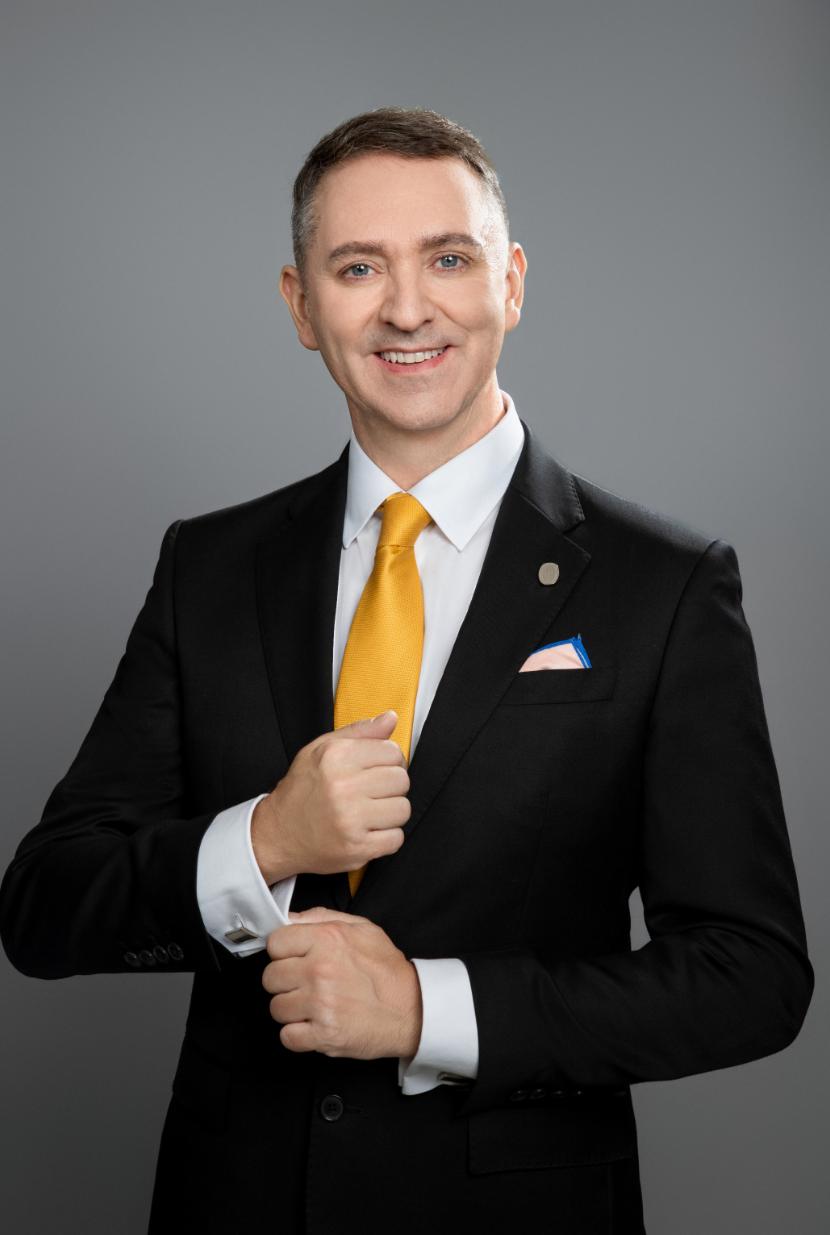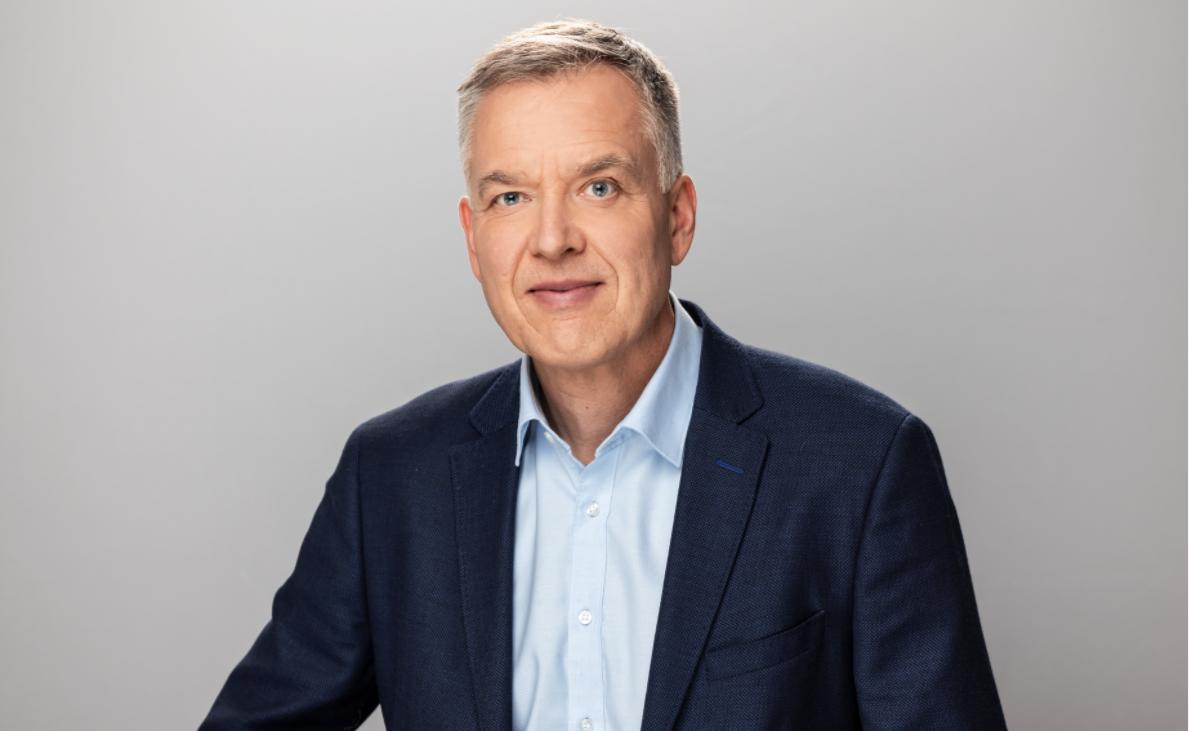
As the first woman to hold the director of International Labour Standards Department since the establishment of the ILO in 1919, Dr. Cleopatra Doumbia-Henry spearheaded the development of the innovative and historic ILO Maritime Labour Convention (MLC) in 2006 and was called “Mother of MLC” since then. In 2015, she was appointed by the Secretary-General of the IMO to be the seventh and also the first woman president from a developing country. Then in 2021 and 2022, Dr. Doumbia-Henry was selected for the top 100 most influential people in shipping by the Lloyd’s List. With the extraordinary career, Dr. Doumbia-Henry has become one of the leading candidates of IMO secretary-general.
This time, Xinde Marine News will have an interview with Dr. Doumbia-Henry, who has dedicated herself to the maritime industry, to discuss the major challenges and opportunities facing a ever-changing maritime field.
Xinde Marine News: Welcome Dr. Cleopatra Doumbia-Henry. Thank you for joining us today. We have already got one document about your biography indeed, but could you tell us more about your previous roles at the World Maritime University and the International Labour Organization?
Dr. Cleo: Thank you very much for having me to discuss with you on these issues. I would say that I have been very fortunate in life. I come from a small island developing country and nobody would expect somebody could rise to that level. I had worked with the International Labour Organization for 30 years. I was just stepping down at the time when I was asked to run the World Maritime University. After eight years, four years and four years, I have just stepped down from my possession as President of the World Maritime University.
Drawing on my three decades of experience at the International Labour Organization (ILO), my ability in building global consensus is evident particularly in building global consensus on the development, adoption, and ratification of the Maritime Labour Convention (MLC), 2006. My experience as the President of the World Maritime University (WMU) will add significant value when it comes to global maritime education, research and capacity-building. My experience at WMU and the ILO has demonstrated my ability in mobilizing resources for technical cooperation activities.
Xinde Marine News: What’s your understanding of the position? Are you fully aware of the responsibility and burden it carries?
Dr. Cleo: I certainly am. I am a chord of the United Nations system. I know it inside out. The Secretary-General of the International Maritime Organization carries the responsibility of building global consensus among member States, industry and social partners, and has to lead the change and transformation of the organization. The Secretary-General will need to ensure that the IMO remains agile and adaptive, effectively addressing the emerging challenges and capitalizing on opportunities to ensure a safe, secure, sustainable and efficient shipping on clean oceans. I have the determination, the drive; I have knowledge of the issues. And for me, it is an opportunity to help take forward this incredible institution that the IMO is.
Xinde Marine News: China is a major player in the global maritime industry. How do you see China's role in shaping the future of the industry?
Dr. Cleo: Yes, it's of course a major player. Just look at the population in china. China has a huge role to play, because China is a big country for not only the size, but also the technological advancements that are taking place in China. It is amazing. When I went to Dalian and Shanghai last time, I was overwhelmed by how integrated everything was, how efficient things are. I mean, china has transformed itself in ways I don't think possible in any other part of the world.
Xinde Marine News: Would you work with China more in the future to promote cooperation and collaboration? What’s your future plan?
Dr. Cleo: Yes. we have a very good cooperation with Dalian Maritime University and Shanghai Maritime University to work together on common issues. With the Dalian Maritime University, we have the WMU Master of Science in Maritime Affairs, specialized in Maritime Safety and Environmental Management and with Shanghai Maritime University, we have the Master of Science in Maritime Affairs, with a specialization in International Transport and Logistics (Shipping & Finance).
To date, there are 5,807 WMU maritime alumni from more than 170 countries and territories. Chinese students are the largest group of WMU Graduates marking a total number of 1,344 graduates since the establishment of WMU. All of our Chinese graduates, as I have seen some of them today, are active in their sectors and in particular their maritime administrations using the knowledge gained at WMU to make positive contributions to China and the world. The Chinese presence at WMU, and the invaluable support, which WMU has received from the Chinese Government through its Ministry of Transportation, has played an important role in making this significant impact and in the development and progress of the World Maritime University.
Xinde Marine News: You are from a developing country and also became the first president of WMU from a developing country. Will you be more concern about the rights and interests of developing countries? What will you do to assist them and promote geographical equality?
Dr. Cleo: Geographical equality may not be that easy, because we have Africa, a huge continent, and small islands, very small countries. But I think the most important thing is really engaging with member states, and that is the entire United Nations system. So, for me, there is no question that all of the member states of the organization, whether it is of the United Nations, or it is the IMO or ILO, there is one thing I would say constantly that all of the rules of United Nations system has to be followed and respected.
It is not like we're talking about who owns a bank or who owns somewhere. This is about global institutions of the United Nations system. And as such, it is all our responsibility being part of the United Nations system. Therefore, we all have a very important role to play in ensuring that that United Nations system is able and does the work that is required. Because it is for all the humanity.
Xinde Marine News: We can see that the industry is undergoing some dramatic changes. For example, the port worker strikes in the US. The workers’ union refused the use of automation and digital technology in the port, while the vessels sailing in the oceans are getting smarter. It seems like digitalization cannot be avoided. How do you view this problem?
Dr. Cleo: Technology is moving at a very fast pace. One of my concern is will developing countries be left behind? There are some challenges that we still have to face. All of the organizations, in my view, should come together under United Nations umbrella, to ensure that no one, no country, no institution, is left behind.
New and advancing technologies have already transformed maritime transportation at all levels including the way ships are designed, constructed, equipped and operated. This will certainly affect the personnel, both onboard and onshore. The future of work in the maritime sector will be shaped by the intersection of technological advancements, environmental sustainability, as well as a focus on the well-being and skill development of maritime professionals. As we navigate this rapidly evolving landscape, skills such as digital skills will become increasingly important for those working in the maritime sector.
So, the nature of work will change. More sophisticated ships will be deployed and seafarers will work in a more sophisticated environment. WMU’s research continues to foresee that ships will be in greater demand in the future, as well as high-skilled seafarers. Up to 2040, the demand for seafarers is expected to increase at a steady rate, outweighing the fears of no-jobs due to automation. The technological transition in the maritime industry will affect seafarers differently depending on their profession, rank and job function. Upskilling and reskilling are important interventions in support of seafarers in light of the rapid change their working environment due to the advancement of smart and green technologies.
Xinde Marine News: To paraphrase China's national leaders, we are now facing the biggest change in a century, how do you plan to address the challenges facing the maritime industry, such as decarbonization?
Dr. Cleo: The maritime industry now is probably standing at the start of one of its greatest technological challenges, as it prepares to transition to a zero and low-emission industry with the adoption of technological innovations. Global warming has already started affecting our lives in a concrete way, and is expected to only increase further in importance in the years to come. Decarbonizing the maritime industry will need to address both shipping and ports. It requires a combination of innovative energy efficiency measures and developing sustainable energy sources.
I fully endorse science-based solutions and believe that informed decision-making is essential to our success. I will mobilize internal and external technical expertise and resources to ensure that shipping remains at the forefront of other transport modes in contributing to a sustainable future. I propose a comprehensive, global approach that unites member States, industry stakeholders, and international partners in pursuit of a greener, lowcarbon maritime sector. We can work together to drive a fundamental transformation of the industry, through the development and implementation of benchmark emission reduction targets, incentives for adopting cleaner fuels and energy-efficient technologies, and the promotion of innovative, sustainable shipping practices.
Xinde Marine News: Gender equality is always a subject of great concern. What do you think of the gender inequality in today’s maritime industry? Is there’s anything you can do to promote it?
Dr. Cleo: The shipping industry still has a long way to go. Clearly, the majority of the seafarers is male instead of female. We still have very few women going to sea. One of my big intentions was to have a broader approach to getting more women into the maritime sector. The number of women going to sea, in my view, has significantly dropped by virtue of COVID-19, and I haven't seen the revival in any dynamic way. I'm just concerned that how the industry finds the way engaging enough women again. This is one of the challenges.
In the day and age in which we live in today, there should be absolutely no issue why women should even think that they cannot. There is no such thing. They all have the opportunities. I think that more advocacy is required to enable and to reassure women they can go to sea as seafarers, which is a very good thing for the industry globally. In the last three years, maybe two years and a half, we haven't made much progress and unfortunately, what the industry do is to reduce the number. So we need to find new ways with the industry to get this move into a new direction. What I believe the most important is how we get more women engaged in the industry.
The opinions expressed herein are the author's and not necessarily those of The Xinde Marine News.
Please Contact Us at:





